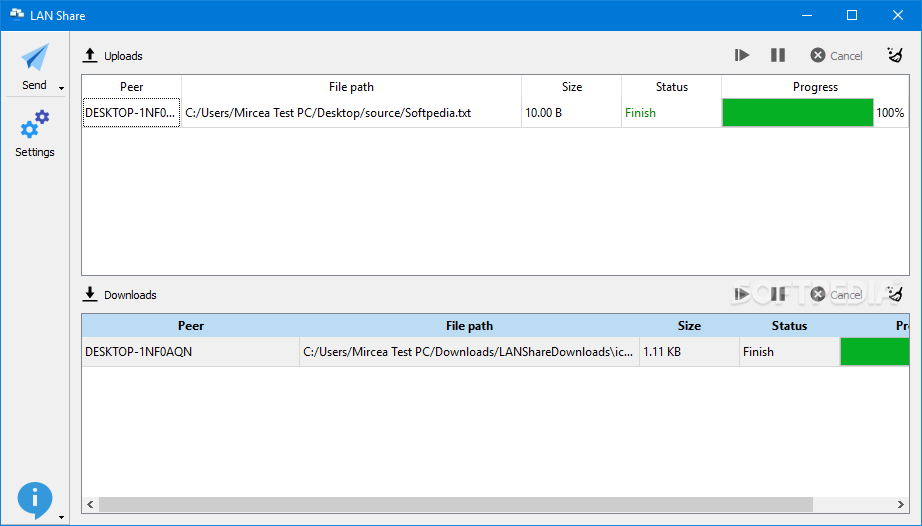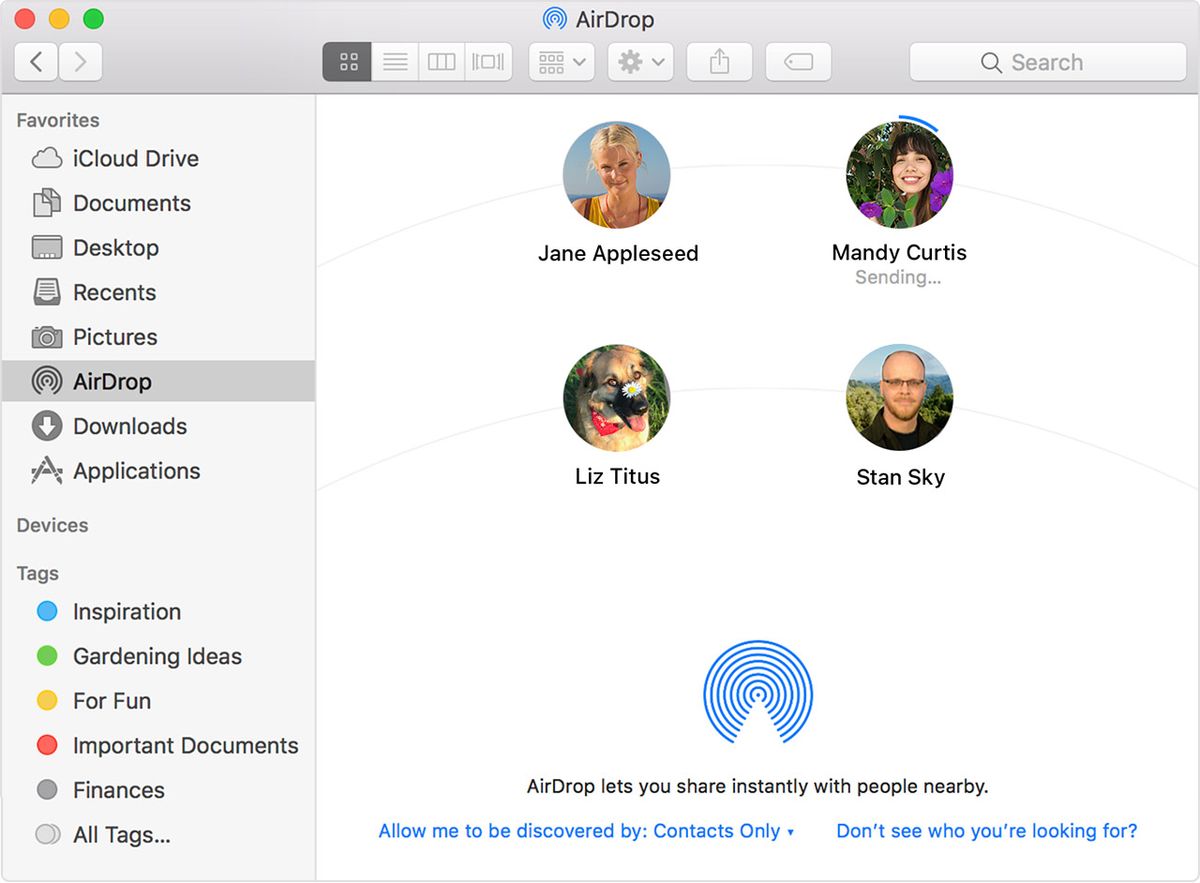

- Home network file sharing software movie#
- Home network file sharing software full#
- Home network file sharing software software#
- Home network file sharing software windows 7#
- Home network file sharing software tv#
You don't want to have your high-definition movie pause when your kids are doing homework or playing games online.Ĥ.
Home network file sharing software tv#
While most routers can stream media, if you want to stream high definition, or even multiple HD streams to more than one TV at a time, be sure to choose a router that is designated as an "HD" or "AV" router. The router connects to a cable or DSL modem so that all of the devices in your home network can access the Internet. An A/V home-network router: A router is the device that allows all the connected computers, NAS and hard drives, tablets and phones, and media players to communicate with each other. Plex, PlayOn, and Boxee Media Server are examples of dedicated media-server and media-player software.ģ.
Home network file sharing software software#
Some media players, so-called "Smart TVs," and other devices have paired up with media-server software developers to ensure that files will be found and can be organized in a way that is simple to use. This is just a fancy way of saying, when you turn on your media-playing device, the media files on the Windows computer will be found and listed as media that is available to play.
Home network file sharing software windows 7#
Windows 7 and Windows Media Center are DLNA and UPnP certified. Many NAS drives and dedicated media servers are DLNA certified. DLNA (Digital Living Network Alliance) is a standard that certifies devices and software to insure that a media player can find and play the files from a media server. While Windows 7 computers use a standard called Universal Plug 'n' Play (UPnP), Mac computers and other PCs may require third-party media-server software to make your files playable on a media player.Ī media player will search your network for computers, drives, and media servers that speak the same language (technically called a "standard" or "protocol"). Media-server software: Media-server software is loaded onto a computer to find your photos, music, and movies and make them available to stream to media players. Designed to be used as media servers, they can be set up to easily share your movies, music, and photos with media players and computers on your home networkĢ. If each of your family members wants to save their media libraries in a centralized location, get a NAS drive, which can store from 1 to 12 terabytes (TB) of files. For example, the Netgear 4500 router is DLNA certified, which means it can stream media files from a connected USB hard drive to media players on your home network. An external hard drive can also be connected to a home router that has the capability of sharing a connected drive.

The external drive can be discovered on the network when connected to a computer running media-server software or by creating a shared file folder that points to the media folder on your hard drive. Saving in designated folders makes it faster for the media player to scan and list the files, because it doesn't have to go through every file on your computer, NAS, or hard drive.Īt some point, your media libraries may start filling up your computer's hard drive, in which case, move your movies, photos and music to an external hard drive. Media players will often scan select folders from various sources. For easier access, save movies, music, and photos to specific folders.

Media files stored on a computer, external hard drive, network attached storage (NAS) drive, or media server: Movies and music saved in iTunes and photos in Lightroom, Aperture, iPhoto, or other programs can only be played by compatible media players. So how do you stream media content from your computers, hard drives, and media servers to your displays and audio systems over your local area network (LAN)? Here's what you need:ġ. Plus, you can potentially download and save files with higher image and sound quality than can be reliably streamed online.
Home network file sharing software full#
If your online bandwidth drops for some reason, the file will still play at full speed from a local computer or hard disk. If the movies are saved to your computer, you will always have access to them.Īnother argument in favor of saving your media files locally is that they are not subject to the vagaries of Internet streaming. That is, if you buy movies from a service that stores the movies in your online account ("in the cloud"), and the service shuts down, you would lose the movies you purchased. Some users advocate saving your own copy of a movie or music file because an online service could potentially fold.

Your media libraries may be filled with movies, TV shows, music that you ripped from CDs, and/or digital photos you've taken yourself. Still, you may have downloaded movies and music and stored them on your computer as well. Streaming media from online sources provides a huge variety of movies, TV shows, and music that can be rented or watched for free.


 0 kommentar(er)
0 kommentar(er)
